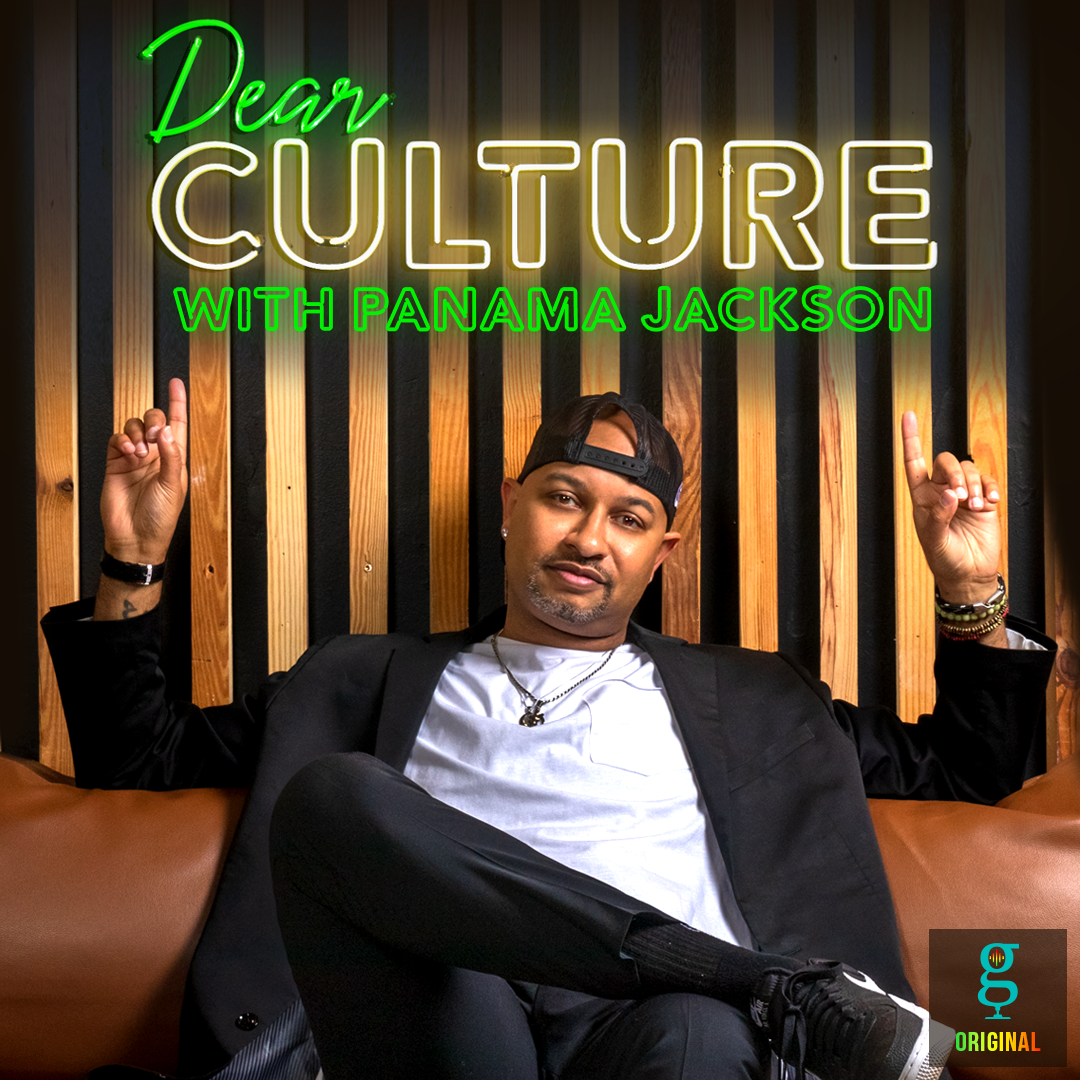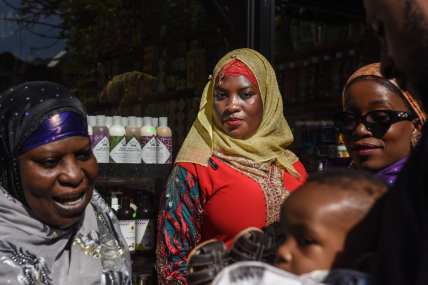
Read the full transcript here
This week on the Dear Culture podcast, our hosts, theGrio Social Media Director Shana Pinnock and theGrio Managing Editor Gerren Keith Gaynor, ask why children of color are absent from the stories meant to inspire them and talk with the storytellers who are changing the narrative around representation and diversity in children’s literature.
Slow and steady is how the tortoise wins the race in the old children’s adage and the same could be said for the progress of including and centering more characters of color in children’s books. Racial diversity in children’s books has been picking up since 2014, according to the University of Wisconsin-Madison’s Cooperative Children’s Book Center. However, the Associate Press reports that racially diverse characters or subjects only grew by about one percent in 2020.
This week, publisher and children’s book creator Jesse Byrd, aka Jesse B. Creative, joined us to talk about the much-needed changes happening within the industry and the steps ahead to help diversify children’s literature. Byrd said books are vital to children’s development as they one of the first instruments they have of learning about and understanding themselves.

“You know, children’s picture books, film, animation, video games, these are really the first reflections kids get to see of themselves. I call them first stories,” said Byrd. “What’s happening in the industry right now is over 50 percent of children’s picture books that feature a Black character are not actually written or illustrated by a Black author [or] illustrator. When you think about just that one microcosm of blackness among the spectrum of diversity, what you have is quite a few people telling stories about what it’s like to have this lived experience.”
For Pinnock, a collector of Black children’s books, the love of books and stories was cultivated in her childhood by her parents and it is tradition she has passed down to her nieces and nephews and one she hopes to pass down to her future children.
“My parents were so intentional on making sure that I had things and toys and books that did reflect me,” she explained. “I also owned the hard copy of Mufaro’s Beautiful Daughter’s. Like, there’s so many books that I think it’s incredibly important for kids to be able to see, you know, this kind of diversity.”
Gaynor said his love of books was fostered by his mother reading stories to him and what he learned about reading at home has served him in his career as a journalist.

“I’m not sure if I want children yet, but I do know that as an uncle and as a godfather, and if I was to be a father, I would want to make sure that my children or the children in my life have access to those kinds of kinds of books. Because as a black queer boy, it just kind of reminded me how there was so much lacking,” said Gaynor.
“Like if I saw Marsha P. Johnson and I saw, like, queer men in my children’s books–like imagine what that would mean to me as I’m trying to figure out my identity. It’s just really, really super important, you know, and I think that how you lead, how you choose to lead in your home sets up your child, or not, sometimes for the rest of their lives. Exposure is everything.”
Tune into the Dear Culture podcast to hear the entire incredible conversation including what Jesse B. Creative says you can you do to make sure you’re actually supporting Black authors.
TheGrio is now on Apple TV, Amazon Fire, and Roku. Download theGrio today!


